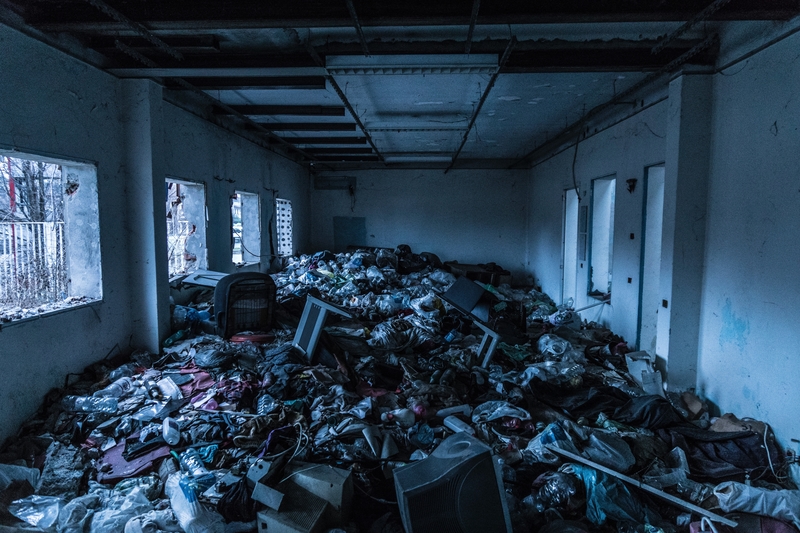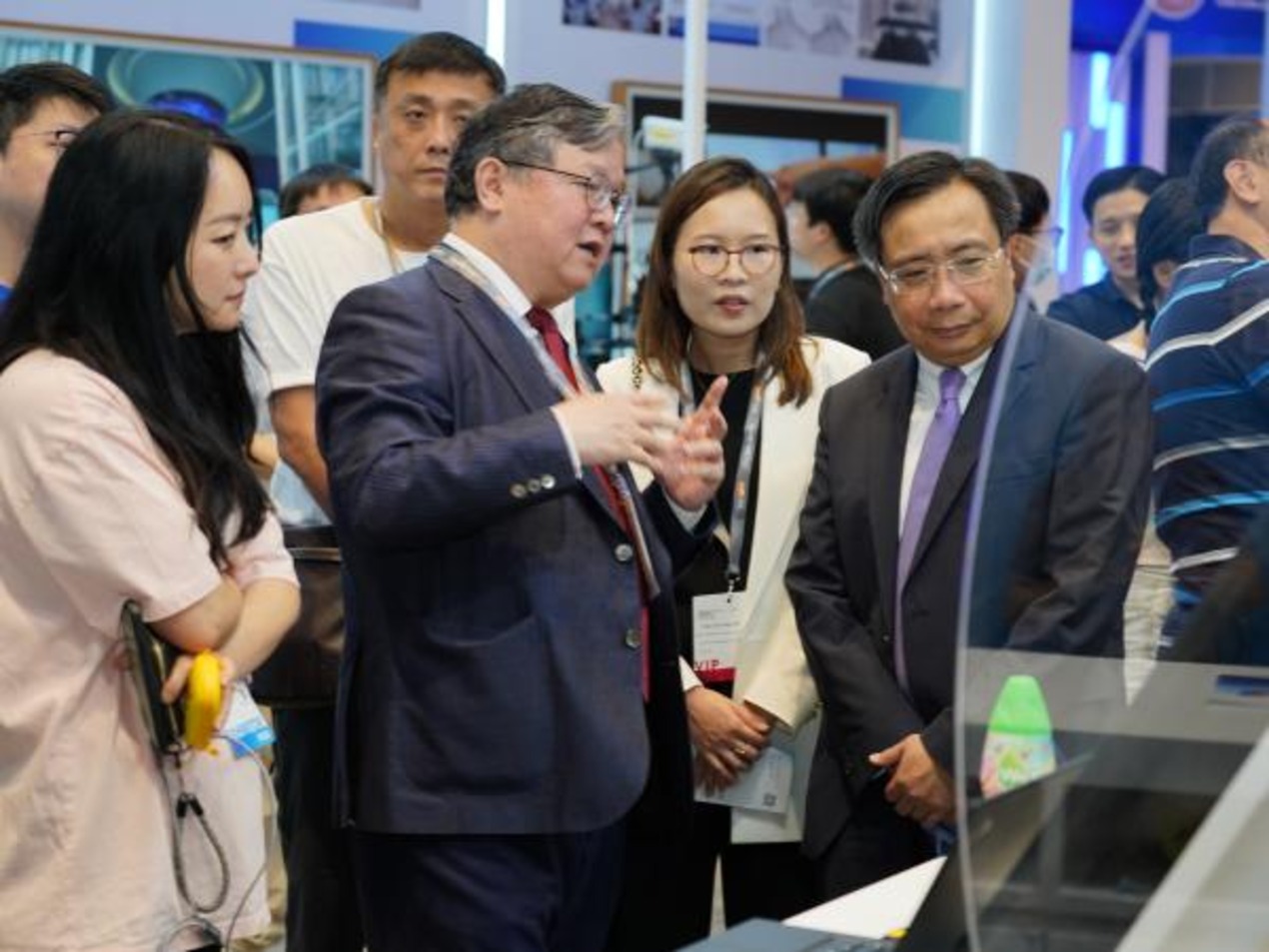
According to a recent report by a member of the faculty of the Environmental Management department at a prominent Malaysian university, an executive review committee formed at the ministerial level on the operations of one of the largest and most modern rare earths separation plants in the world, has concluded that the plant’s operations complied with regulations.
However, despite the positive conclusions, the committee has recommended further action to rectify the flaws with the Energy, Science, Technology, Environment and Climate Change Ministry insisting that the plant should send the waste back to Western Australia.
This has sparked several questions considering the fact that the waste does not pose the radiation risks as claimed earlier.
Even nuclear power plants, which import uranium from third countries, are not obligated to send back their nuclear waste to the uranium exporting country.
Through the development of advanced processing technology, most developed economies earn their income through the conversion of low value imported crude products into higher value consumer and commercial items for export.
Hence, Malaysia, it was advised in the report, should do the same if it wants to be a world-processing and value-adding centre.
Developing the right waste treatment technologies would also bring handsome returns in the future.
Many agree that waste will become the resource of the future, as the country witnesses the continued depletion of the world’s natural resources.
Thus, the real answer lies in technology and innovation.
One potential technology solution is to produce viable biodegradable plastics while using other technology to reprocess waste plastics.
The recycling of electronic waste, initiated by the Multimedia and Communications Ministry, should be commended, the report noted.
More than just bringing in technologies from outside, Malaysia was advised to also develop its own. The waste from the plant should, thus, be treated the same.
Since radiation is not an issue any more, as articulated by the experts’ committee, those responsible can recommend that the plant puts in place the necessary remediation technologies before the waste is safely disposed of.
The important consideration is that it should not harm the environment.
If indeed the presence of heavy metals is confirmed, then the necessary technologies should be deployed to neutralise the potential hazards.
Malaysia can, thus, emulate Germany, which has made treatment of heavy metal waste a standard practice. Hence, there will be no need to request the plant to send back its waste.
In early December 2018, it was reported that an insurance company collected 3,842kg of recyclables during its nationwide initiative – a recycling drive involving 15 of its branches nationwide.
The week-long campaign saw the company collecting more than 3,600kg of paper, 180kg of clothes, 62kg of e-waste and books.
It was noted that the initiative began in 2016 with the aim of creating continuous awareness of the importance of recycling and reducing waste which would otherwise be sent to landfills. It was also to inculcate the green habit in the employees of the insurance company, according to the insurance company’s head.
The collection of paper and e-waste went to two recycling centres while the books were given to the Malaysian Insurance Institute’s book donation campaign.
The collected clothes are passed on to a local fabric recycling organiser.
Second-hand working clothes that are still in good condition are given to students of a humanitarian organisation that serves, educates, and empowers underserved communities through education and social empowerment programmes.
Thus, it is clear that initiative is being taken by both government and industry to players to tackle the issue waste, particularly e-waste; and, there are clear ways in which it can be done.
















